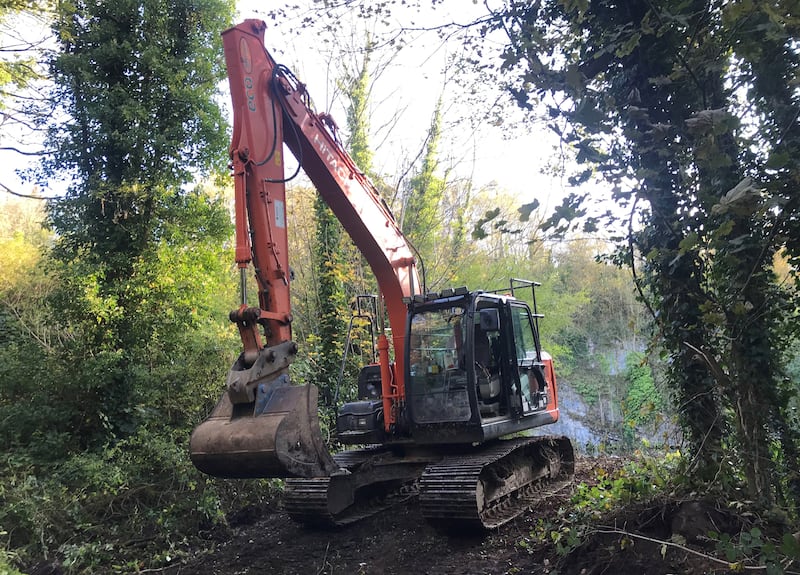The outworking of an inquest for a murder victim whose body has never been found may affect the length of time her killer must spend in jail, a coroner has said.
Charlotte Murray’s former fiance Johnny Miller was found guilty of her murder by a jury at Dungannon Crown Court in 2019. He was sentenced to a minimum of 16 years in prison.
Ms Murray, 34, disappeared in 2012 and her remains have never been found.
She had been living with Miller in Moy, Co Tyrone, at the time of her disappearance, around Halloween 2012.
Ex-chef Miller, who is in his 50s and formerly of Redford Park in Dungannon, has refused to reveal the whereabouts of her remains – prompting a campaign by the family of the Omagh woman for a new law, named in her honour, that would result in longer jail terms for convicted killers who refuse to disclose the location of their victims’ bodies.

Last year, Miller saw the Court of Appeal dismiss his bid to overturn his conviction.
An inquest is now set to be held into the circumstances of Ms Murray’s death.
At a pre-inquest review hearing in Belfast on Monday, coroner Joe McCrisken informed the court of his intention to grant Miller the status of a properly interested person (PIP).
PIP status would allow Miller to be legally represented at the inquest proceedings and gain access to the documents disclosed to the coroner’s court.
Mr McCrisken said while there was no set definition of who should be eligible for PIP status, he said individuals either involved, or suspected of involvement, in a person’s death would usually qualify.
“There may be certain outworkings of the inquest itself that might affect Miller, potentially might affect his sentence, and so I think it’s probably useful at this stage that he is classified as an interested person and is allowed to have legal representation for the purposes of the inquest,” he said.
The coroner did not provide any more detail on the inquest’s possible implications for Miller’s jail term.
The pre-inquest review was also told of a plan to submit key documents from Miller’s original Crown Court trial, including the full transcript of the proceedings, and the Court of Appeal judgment as written evidence in the inquest.
The next preliminary hearing has been set for May 20.






